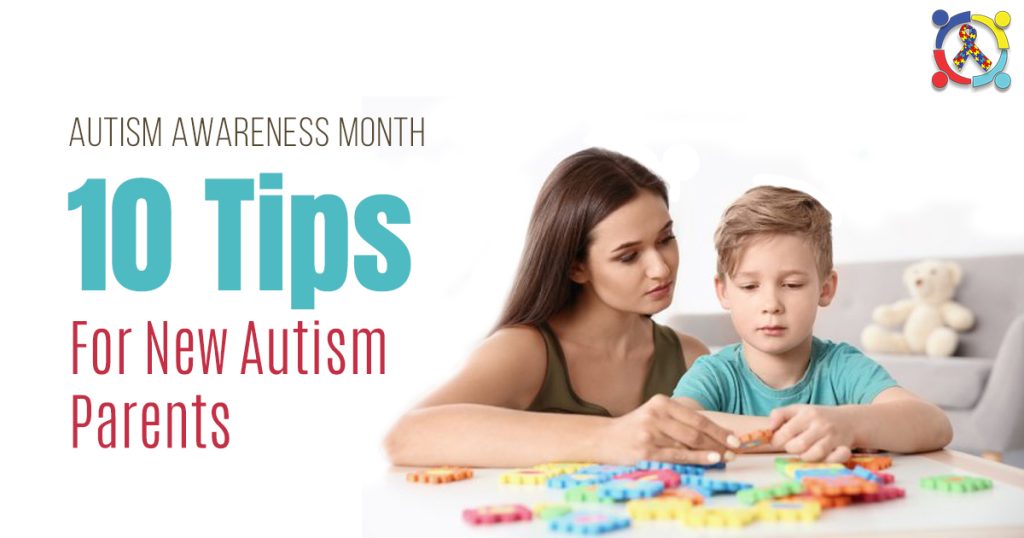Yes, speech therapy is beneficial for autism. It helps improve communication skills.
Many individuals with autism struggle with speech and language. Speech therapy offers structured support. It enhances verbal and non-verbal communication. This therapy is tailored to each person’s needs. It focuses on social skills and interaction. It can also boost confidence in expressing oneself.
Speech therapists use various techniques. They help with articulation and understanding. Therapy sessions are interactive and engaging. They aim to make communication easier. For families, it’s a valuable tool. It offers hope and progress. Speech therapy is a crucial part of autism care. It fosters better communication and understanding. It can make a real difference in daily life.
Benefits Of Speech Therapy
Speech therapy helps children with autism. It makes talking easier. Words become clearer. Kids find ways to share their thoughts. They feel less frustrated. Communication skills improve greatly. This makes speaking fun. Children can express their feelings. They talk about what they like. They talk about what they need.
Speech therapy also helps kids play with others. Social skills get better. They learn to take turns. They understand how to join games. It becomes easier to make friends. Kids learn to ask questions. They learn to answer questions too. They understand jokes and stories. Playing becomes more fun. Social interactions become smoother.

Credit: www.healthline.com
Speech Therapy Techniques
Articulation exercises help children with autism speak more clearly. Tongue twisters are a fun way to practice. Kids repeat sounds like “p” or “b” many times. This builds muscle strength in the mouth. Mirror exercises are also helpful. Children watch their mouth move in a mirror while speaking. This helps them see and feel how words are made.
Simple games can improve language skills. Picture cards are good for learning new words. Kids match pictures with words. This builds their vocabulary. Storytelling is another strategy. Short stories help kids understand sentence structure. Role-play games can teach kids how to have a conversation. They learn to ask and answer questions. These activities make learning fun and engaging.
Role Of Speech Therapists
Speech therapists help children with autism. They find out what a child needs. They check how a child talks. They look at how a child uses words. This is called assessment. It helps therapists see what is hard for the child. After the assessment, they give a diagnosis. This tells parents what the child’s needs are. Therapists use tests and games. They learn more about the child. This helps them make the best plan for the child.
Every child is different. Speech therapists make special plans for each child. They call these tailored treatment plans. These plans help the child talk better. They use games, songs, and stories. These activities help the child learn words. They help the child understand what others say. Plans change as the child grows. Therapists work with parents. Together, they help the child learn and grow.
Challenges In Communication
Speech barriers in autism can make talking hard. Some kids may not talk at all. Others might use words but struggle with sentences. Words can come out in a jumbled way. This makes it hard for others to understand. Some kids repeat words or phrases. This is called echolalia. Eye contact can also be tough. These barriers can make making friends hard. Understanding these challenges is key.
Each child is unique. Speech therapy tailors to their needs. Some kids need help with sounds. Others might focus on using words in the right order. Visual aids can be helpful. Pictures or videos can show what words mean. Games can make learning fun. Therapists work closely with families. This helps continue learning at home. Progress is different for each child. Patience is important.
Early Intervention Importance
Children with autism often have special windows for development. During early years, the brain is more flexible. Early speech therapy can help during these times. It boosts language and communication skills. Kids learn to express their needs better. Better communication leads to fewer frustrations. Early therapy can support social skills too. It helps kids connect with others. This is very important for their growth.
Speech therapy offers many benefits. These benefits last a lifetime. Kids with autism can improve speech clarity. They learn to talk in sentences. This helps them in school and with friends. They feel more confident. Speech therapy also helps with understanding language. Kids learn to follow directions. They can join in conversations easily. These skills help them in their daily lives. They can communicate well as adults.

Credit: www.indiaautismcenter.org
Parent And Caregiver Involvement
Speech therapy can be beneficial for children with autism by improving communication skills. Involvement of parents and caregivers enhances the therapy’s effectiveness. Their active participation helps reinforce learning and supports the child’s progress.
Supporting At Home
Parents and caregivers play a vital role in speech therapy. They help children practice skills learned during therapy. Consistency is key. Daily practice can make a big difference. It helps children improve faster. Simple activities like reading aloud can help. Singing songs is another fun way. Use games to make learning fun. Include speech exercises in daily routines. This makes practice feel natural. Celebrate small successes. This boosts confidence and motivation. Encourage communication in every way possible.
Collaborative Efforts
Working together with therapists is important. Communication between parents and therapists is essential. Share progress and challenges. This helps therapists tailor sessions better. Attend therapy sessions when possible. It helps understand techniques used. Ask questions if needed. Feedback from parents helps therapists. It gives a fuller picture of the child’s progress. Teamwork leads to better outcomes. Parents, caregivers, and therapists should work together. This creates a supportive environment for the child.
Success Stories And Case Studies
Speech therapy helps many children with autism. Words become clearer. Feelings are shared more easily. Parents see their kids grow.
One boy named Sam could not speak. After therapy, Sam said his first words. His family was very happy.
Another child, Lily, struggled with sounds. Therapy taught her to pronounce better. Now, Lily talks with friends.
Inspiring progress is seen in families. Children gain confidence. They engage in conversations.
Many kids learn new ways to express themselves. They use pictures or gestures. These tools help them communicate.
Every small change matters. Families celebrate these steps. They feel hope for the future.

Credit: www.cheshirefitnesszone.com
Frequently Asked Questions
Can Autism Be Treated With Speech Therapy?
Yes, speech therapy can help individuals with autism improve communication skills. It addresses language delays, social communication, and nonverbal skills. Early intervention often yields better results. Speech therapists tailor programs to individual needs, enhancing social interactions and daily communication.
Which Therapy Is Best For Autism?
Applied Behavior Analysis (ABA) is widely recommended for autism. It focuses on improving communication, social skills, and adaptive behaviors. ABA’s structured approach helps individuals achieve specific goals, enhancing overall development. Consult with healthcare professionals to tailor therapy to individual needs.
Early intervention often leads to better outcomes.
How Long Do Autistic Kids Need Speech Therapy?
The duration of speech therapy for autistic children varies. It depends on individual needs and progress. Some may require months, while others need years. Regular evaluations help determine the appropriate length of therapy. Consistent support and tailored strategies enhance communication skills effectively.
How Effective Is Speech And Language Therapy For Autism?
Speech and language therapy effectively improves communication skills in individuals with autism. It enhances social interaction and understanding. Tailored interventions can significantly boost language development. Early intervention often results in better outcomes. Therapy fosters better expression and comprehension in everyday settings.
Conclusion
Speech therapy offers vital support for individuals with autism. It enhances communication skills. These skills are crucial for daily interactions. Therapists tailor sessions to individual needs. This personalized approach is effective. Families often notice improvements over time. Consistent therapy leads to better outcomes.
It builds confidence in expressing thoughts. This can reduce frustration for many. Parents should consult professionals for guidance. Early intervention shows promising results. Speech therapy can be a valuable tool. Consider it as part of a comprehensive care plan. It’s a step towards improved communication and quality of life.

